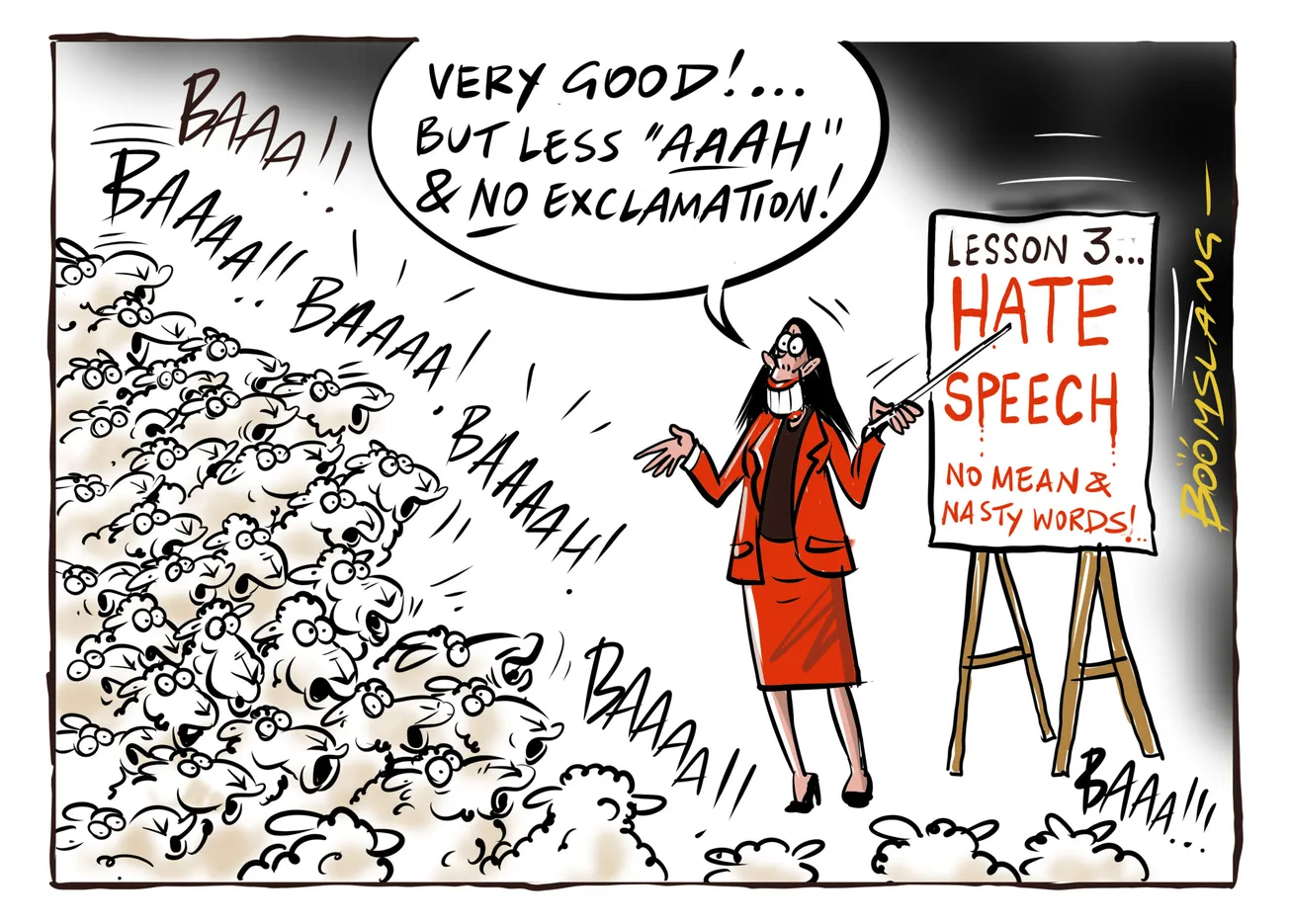Table of Contents
Dr David Cumin
Spokesperson
Free Speech Coalition
Nearly a month into the new year and it’s been radio silence on the proposed hate speech law changes.
This insightful article by Graham Adams sheds some light on possible explanations for the Government’s trepidation.
But this doesn’t mean that free speech has dropped out of the news cycle all together. A number of recent stories have raised crucial points for the ongoing debate over how we should deal with controversial speech.
The first has been the saga over John Bank’s comments describing Maori culture as “stone age” in a recent talk back radio segment.
This prompted huge media backlash, with Vodafone, Spark and Kiwibank withdrawing their advertising from Magic Talk’s programming. Banks was swiftly removed from his hosting role. You can watch the One News coverage here.
On the face of it, this seems to be a private company making a choice about who it employs, which it has every right to do. In addition, being a public broadcaster and journalist, John Banks arguably should have a higher level of scrutiny over his speech. We would expect the same for any public figure.
But there is a catch. In subsequent statements, the companies who pulled their advertising from Magic Talk have indicated that they will be working with broadcasters they advertise with in the future to ensure that programming adheres to their company values. This is a comment from Spark:
“[Mr Bank’s] comments are inconsistent with our values and culture at Spark. We have removed advertising from Magic Talk across all channels and will be reviewing our approach with them going forward.”
Again, these are private companies with every right to decide their own institutional values. But when these transform into vague content policies, that impact the variety of opinions broadcasters can air, this boarders into corporate censorship.
It’s worth watching how this develops.
A second story that went largely unnoticed was a recent Employment Relations Authority decision.
It ruled a Christchurch milk factory worker was not unjustly dismissed after drawing a swastika on his overalls four days after the March 15th terror attack.
Employment disputes have become a new front in the struggle to control speech. Overseas, we have seen employees face disciplinary action and termination over comments in the workplace and online. A recent English case was the Eton teacher who was fired for a video on his personal YouTube account, where he made comments on sex and gender that were deemed “controversial”.
We looked into the New Zealand case. Here, it seems to be the result of long-term issues (over and above issues of freedom of expression) with this employee, and it does not appear to be a knee-jerk response to a single incident. It also appears that the employee had support from his union, and that the proper dispute resolution channels were utilised.
Here is the full decision for those who want to learn more about the case.
Finally, a senior employee at a major insurance brokerage has been sacked after making death threats to an MP over Twitter.
This speech in this instance was indefensible. Threats of violence are where even free speech advocates draw the line.
But this story raises those same issues over the extent to which employers should be able to police their employees online behaviour.
But all these stories have one significant thing in common: They all demonstrate that New Zealand has a plurality of ways to deal with controversial, offensive or threatening speech without the need for criminal hate speech laws.
Threats are already a crime.
And these stories show that there are already a number of social, corporate and employment avenues for dealing with offensive or controversial speech.
These avenues have their own pitfalls and risks to free speech. But there is no sense in compounding these risks by getting the force of the state involved.
ps. We discussed the issues surrounding corporate and social censorship in a recent Free Speech Coalition Podcast round-table.
This week, we’re bringing you the voice of one of those people swept up in the hysteria over the far-right.
Former ACT candidate Stephen Berry talks us through his being permanently banned by Twitter in the platform’s recent political purge.
In the wake of the Capitol Hill riot on the 6th of January, American tech companies removed Donald Trump from a number of the most globally popular social media sites. In the following days thousands of other accounts were suspended or banned, with the fallout reaching to a number of mostly right wing New Zealand accounts.
But is this really a threat to free speech? What are the legal or political ramifications? And what can New Zealanders even do about it?
We have brought together a panel of free speech experts to get to the heart of this issue, including Stephen Franks, Liam Hehír, Ani O’Brian, and Damian Grant.
Please share this BFD article so others can discover The BFD.









